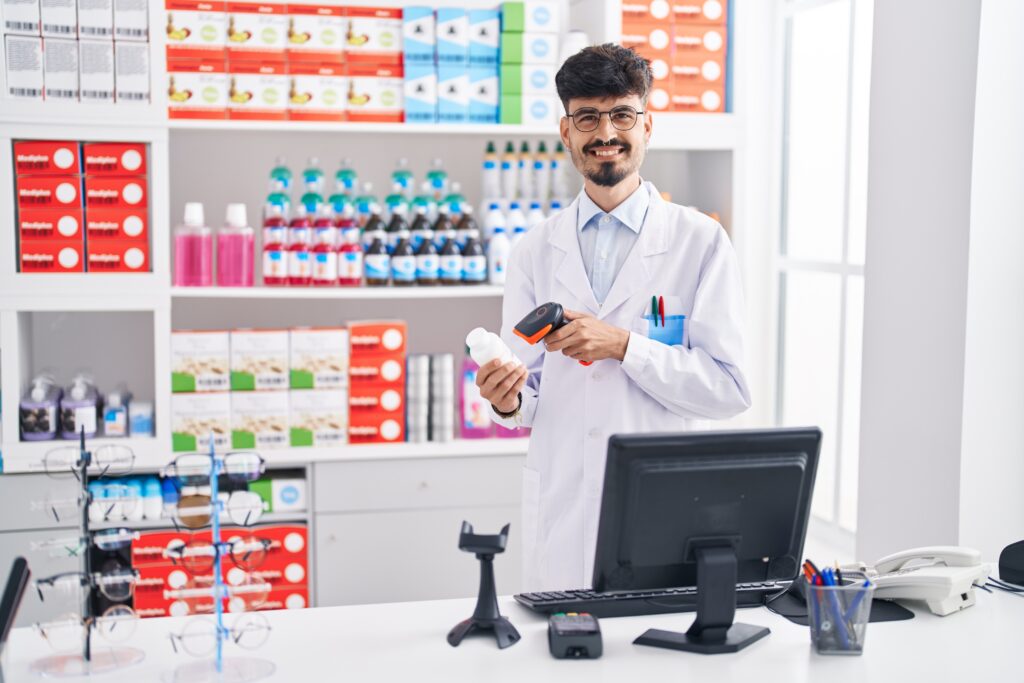The duration of the course shall be for two academic years, with each academic year spread over a period of not less than one hundred and eighty working days in addition to 500 hours practical training spread over a period of not less than 3 months.
Bachelor of Arts in English (B.A) programme can be attained within three years of study. This programme typically focuses on imparting comprehensive knowledge and competency in the linguistic skills (LSRW) and communication skills in the English language. The degree programme helps learners as a basic programme, with which the learners may either pursue higher studies or seek employment.

| Subject | Max. Marks in Theory | Max. Marks in Practical | ||||
| Examination | Sessional | Total | Examination | Sessional | Total | |
| Pharmaceutics-I | 80 | 20 | 100 | 80 | 20 | 100 |
| Pharmaceutical Chemistry-I | 80 | 20 | 100 | 80 | 20 | 100 |
| Pharmacognosy | 80 | 20 | 100 | 80 | 20 | 100 |
| Biochem. & Clinical Pathology | 80 | 20 | 100 | 80 | 20 | 100 |
| Human Anatomy & Physiology | 80 | 20 | 100 | 80 | 20 | 100 |
| Health Education & community
pharmacy |
80 | 20 | 100 | |||
| 600 | 500 | |||||
| Subject | Max. Marks in Theory | Max. Marks in Practical | ||||
| Examination | Sessional | Total | Examination | Sessional | Total | |
| Pharmaceutics-II | 80 | 20 | 100 | 80 | 20 | 100 |
| Pharmaceutical Chemistry-II | 80 | 20 | 100 | 80 | 20 | 100 |
| Pharmacology & Toxicology | 80 | 20 | 100 | 80 | 20 | 100 |
| Pharmaceutical Jurisprudence | 80 | 20 | 100 | |||
| Drug store and Business
Management |
80 | 20 | 100 | |||
| Hospital & Clinical Pharmacy | 80 | 20 | 100 | 80 | 20 | 100 |
| 600 | 400 | |||||

| PEO 1 | To prepare Pharmacy graduates capable of applying principles and technologies for formulation, development and manufacture of drugs and pharmaceuticals |
| PEO 2 | To produce pharmacists to serve society as the profession responsible for appropriate use of medication and device to achieve optimal therapeutic outcomes |
| PEO 3 | To promote leadership and entrepreneurship qualities, human values and professional ethics. |
| PEO 4 | To organize workshops for hands-on-training and skill development |
| PEO 5 | promote awareness on clean and green environment |
| PSO 1 | Detail understanding of theoretical and practical knowledge of all core and allied subjects of pharmaceutical sciences, which consist of dosage form design, routes of administration of various drugs, their mechanism of action, chemical moiety involved, doses of drugs, patient treatment, patient counseling, drug dispensing, hospital administration, drug manufacturing, QA/QC and regulation etc. |
| PSO2 | Highlight the concepts and operative components of pharmacovigilance, clinical pharmacy, hospital pharmacy, community pharmacy, pharmaceutical care, pharmacovigilance, pharmacoeconomics, clinical research, clinical pharmacokinetics and other related areas for the benefit of academicians, hospital/community pharmacists and industry, emphasizing the consequences of the use of medications. |
| PO -1 | Pharmacy Knowledge : Possess knowledge and comprehension of the core and basic knowledge associated with the profession of pharmacy, including biomedical sciences; pharmaceutical sciences; behavioral, social, and administrative pharmacy sciences; and manufacturing practices. |
| PO -2 | Planning Abilities : Demonstrate effective planning abilities including time management, resource management, delegation skills and organizational skills. Develop and implement plans and organize work to meet deadlines. |
| PO -3 | Modern tool usage : Learn, select, and apply appropriate methods and procedures, resources, and modern pharmacy-related computing tools with an understanding of the limitations. |
| PO -4 | Problem analysis : Utilize the principles of scientific enquiry, thinking analytically, clearly and critically, while solving problems and making decisions during daily practice. Find, analyze, evaluate and apply information systematically and shall make defensible decisions. |
| PO -5 | Leadership skills : Understand and consider the human reaction to change, motivation issues, leadership and team-building when planning changes required for fulfillment of practice, professional and societal responsibilities. Assume participatory roles as responsible citizens or leadership roles when appropriate to facilitate improvement in health and wellbeing. |
| PO -6 | Professional Identity : Understand, analyze and communicate the value of their professional roles in society (e.g. health care professionals, promoters of health, educators, managers, employers, employees). |
